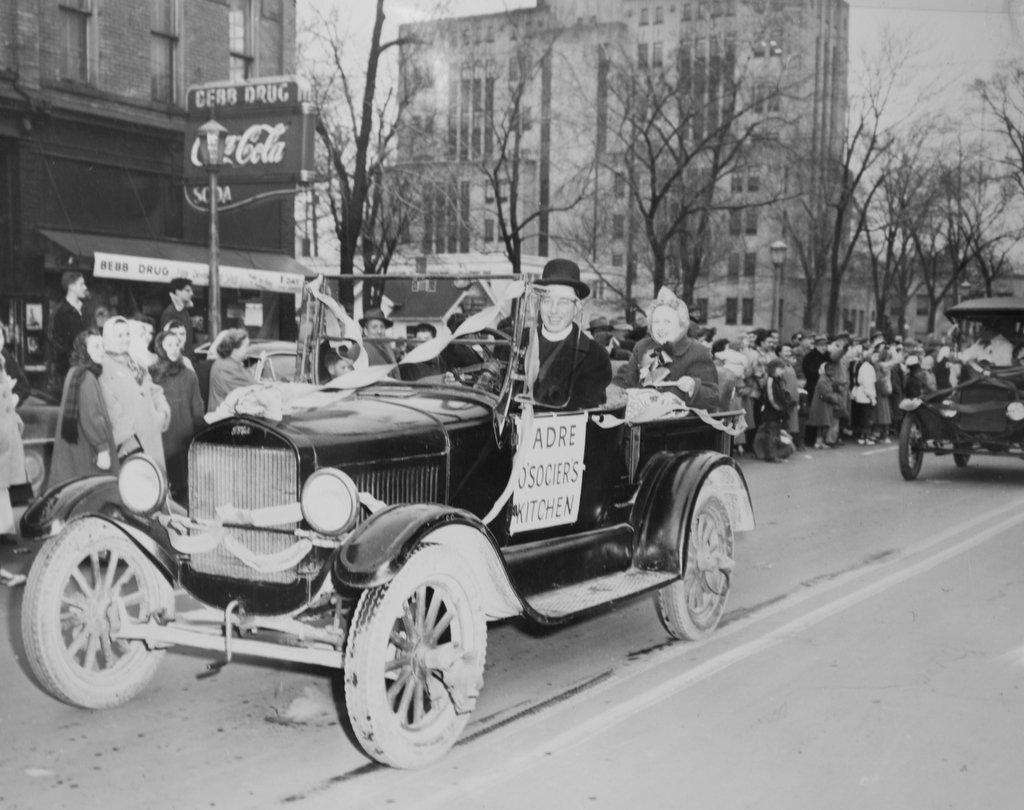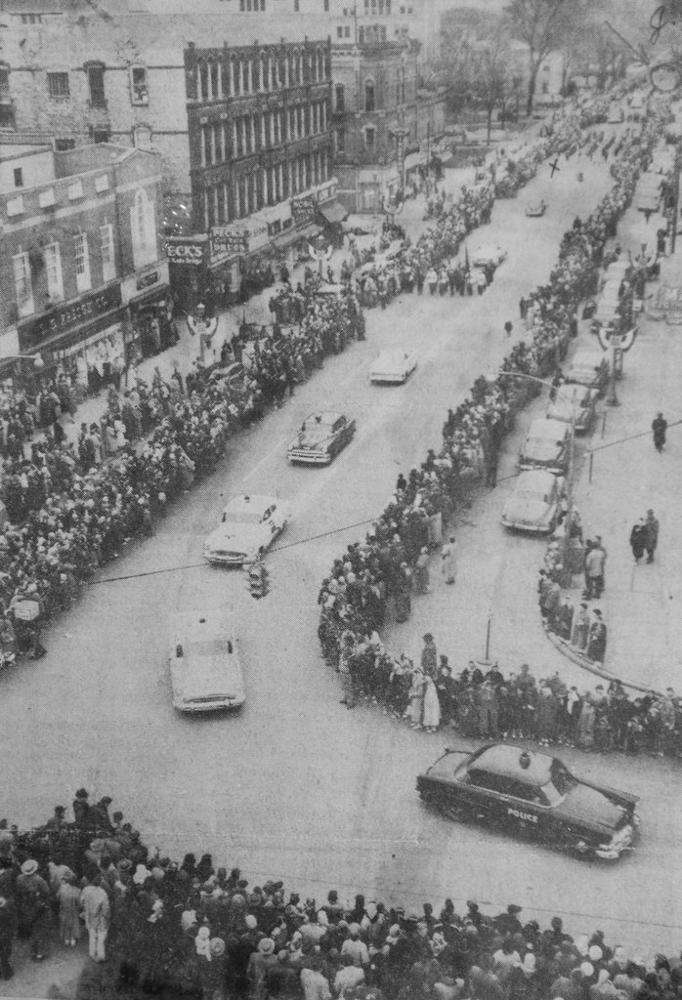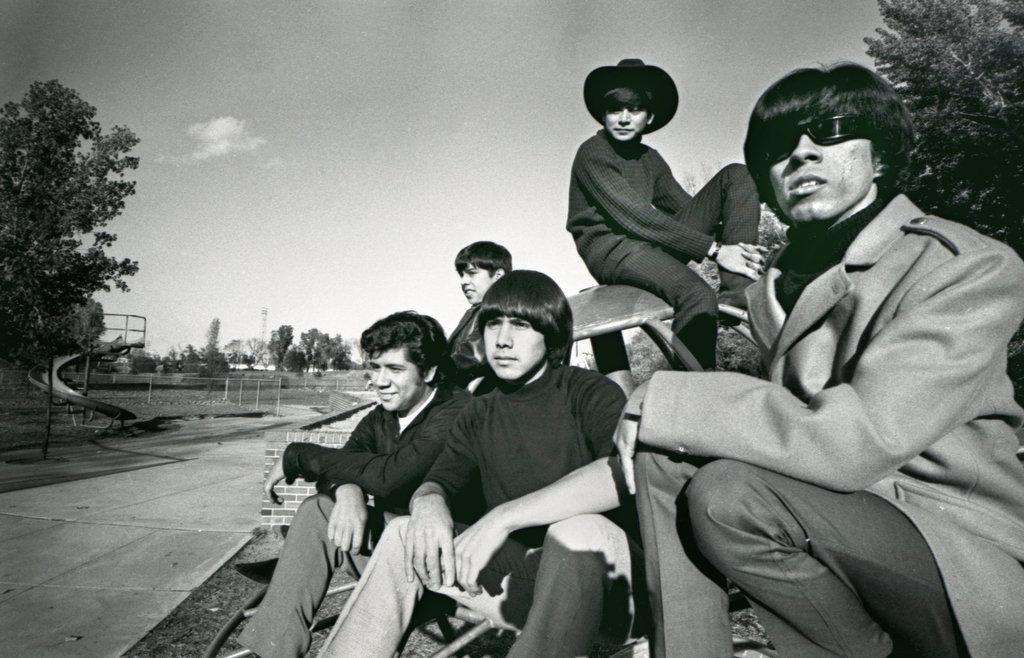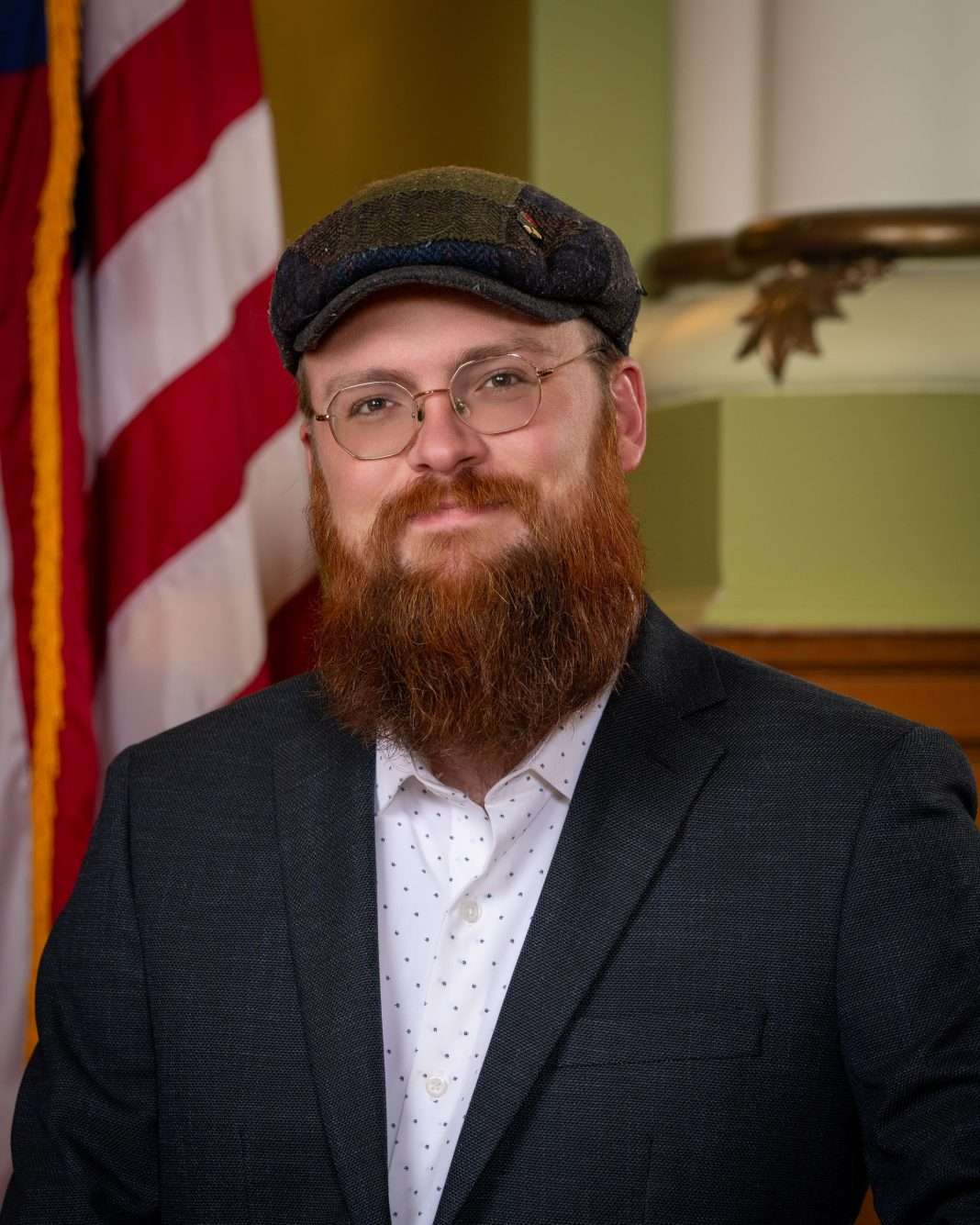Bay City made headlines this March—not for what it passed, but for what it couldn’t hold. A hard-won resolution aimed at protecting local immigrant communities was vetoed less than 48 hours after clearing the commission by a single vote. What follows is a reality check for a city that once welcomed immigrants, now hesitating to protect them
In the article below, Bay City Commissioner Chris Runberg—author of the resolution—shares his personal reflections on the vote, the history that brought us here, and the road ahead. This isn’t just a story about politics. It’s about power, memory, and the quiet unraveling of a place trying to decide what kind of community it wants to be.
The Resolution Affirming Bay City’s Commitment to Local Public Safety Priorities and Jurisdictional Integrity or the so-called “Welcoming City” resolution passed on March 17, 5-4.
The resolution prohibits federal deputizing of local Public Safety Officers for the explicit purpose of immigration enforcement and prohibits the retention of immigration status by any city department or personnel.
We had a majority. But unfortunately, not enough to overcome the mayor’s veto that arrived less than 48 hours later. With it, our hopes at taking a stand and protecting the marginalized and vulnerable went with. Yes, the next meeting offers the opportunity to earn a sixth vote, overturning the veto, but the prospects aren’t promising.

How did we get here? How did we wind up a community so abhorred by the notion of foreigners as neighbors?
As a descendant of immigrants myself, I can’t help but feel we’re hypocrites.
In 1834, my ancestor John B. Trudell, a French-Canadian “Indian Agent,” laid roots in Bay City, Michigan, when he built his log cabin near what is now 17th Street and Broadway. As an Indian Agent, John acted as a liaison between the U.S. federal government and the Indigenous tribes he was assigned to. His role involved everyday responsibilities like facilitating trade but it also placed him in a position of significant influence.
While I do not know the specifics of his actions, Indian Agents were undeniably integral to the broader dispossession of land experienced by Indigenous peoples during this era.
Fast forward two centuries and demographics have virtually flipped, with 2020 Census data reporting 89.6% of the population of Bay City identifying as white (mostly Polish, Irish, and German), with only 0.2% claiming Native American heritage. It’s as though the once rich tapestry of immigration ran out of threads of color long ago – now left threadbare and fraying at its ends.
For the past 40 years, Bay City has lost on average about 1,000 residents a year (down-weighted by the mid-1980’s diaspora as manufacturing went abroad). This halved our population during this 40-year period, as well as our tax revenue adjusted for inflation. Since, wages have only dropped and stagnated from their mid-20th Century high.
What’s more, the greater Bay County area has the oldest population in the entire state per capita. These realities compound an already fraught trajectory for the city.

Were we able to attract immigrants, especially young adults, so much of the incoming challenges, such as senior care and our dwindling tax base could be avoided or at least mitigated.
But two days after the St. Patrick’s Day meeting where my resolution was passed – a day that celebrates the contributions of Irish immigrants – it was vetoed by our mayor, Mayor Christopher Girard. Girard cited “overwhelming” opposition to the resolution and a fear of repercussions from the state and federal government. Never mind that Girard posted the question to Facebook and was inundated by keyboard warriors and those that live outside the city limits.
I’ve no doubt there are opponents to this resolution well within the city limits. Those who are glued to right-wing media, such as that of “Fox ‘News’”, “Newsmax”, and “Real America’s Voice”. But also, those who have a legitimate concern over funding being pulled by the state or federal government.

At the federal level, individuals like Rep. James Comer (R-Kentucky), Chair of the House Oversight and Reform Committee, have threatened local municipalities with criminal convictions. So far, these threats appear to run up against the U.S. Constitution arguing that the Department of Justice does not have jurisdiction over local enforcement pursuant the 10th Amendment.
At the state level, the Republican led House passed H.R. 19 amending Rule 52 that will see them withhold state funds directed to local municipalities already appropriated if they enact any legislation that impedes the federal government’s efforts in immigration enforcement. My resolution does no such thing. It directs the use of our limited city resources as is our right per the Home Rule City Act (P.A. 279), which states that local municipalities have sole discretion in how their resources are used so long as the decisions do not run afoul of state or federal law.
These are legitimate concerns despite Constitutional protections at both the national as well as state levels. As a city, we rely heavily on mostly federal, but also some state funding. This is even more pertinent considering our reduced tax revenue from decades of population decline. I don’t discount this.
What I ask myself, and you dear reader, is where is the line? At what point do we as a community stand to assert our rights?
Is it when funding is threatened if a certain curriculum isn’t taught in our schools?
Or how about if we continue to recognize same-sex marriage?
This Sword of Damocles constantly being held above our access to already appropriated funds is unconstitutional at a minimum.

So, where do we go from here?
I have been doing my damnedest to flip 2nd Ward Commissioner, Craig Kokaly’s vote (feel free to call or email him), as he lives in a ward that voted for then Vice-President Harris by the widest margin. Failing that, I am working with the ACLU to form Know Your Rights classes and hope to create immigrant support groups throughout the area. And while I do intend on reintroducing some version of this resolution following the anticipated “blue wave” in November ’26, there are other legislative avenues we as a city may take to accomplish the goals this resolution sought. Stay tuned for more on that.
In the interim though, it’s going to take raising our voices. It’s going to take organizing and showing up to protests. It’s going to take calling representatives at all levels of government and pleading with them to do the right thing.

Be prepared to face some of the ugliest rhetoric from the opposition. Be prepared to hear racist and bigoted remarks as the vitriol of opposition lashes back at you. Use it as fuel for the fire. Know you’re making a stand and doing the right thing.
At the end of the day, unless you can attribute yourself to Native American blood, we’re all immigrants.
Sure, your bloodline may have been here a generation or two before you were born, but make no qualms about it, you’re a descendant of immigrants. The Indigenous of these lands have welcomed us willingly or not, yet here we are.
Are we hypocrites? Or are we courageous enough to welcome the downtrodden and meek to the shores that our ancestors were welcomed in?
My ancestor, John B. Trudell, may have been an ass. He may have been part of what flipped the demographics of this city over the last 200 years. We owe it to those who came before us to do better. Will you join me in continuing our national myths of resistance and fortitude?
Listen to our podcast with Chris on our love where you live podcast. You can also listen wherever you find your podcasts, including YouTube. Be sure to give us a like and subscribe while you’re there.
Read our Article Bay City, MI’s Immigration Debate: Public Safety, Fear Politics, and the Mayor’s Veto.











